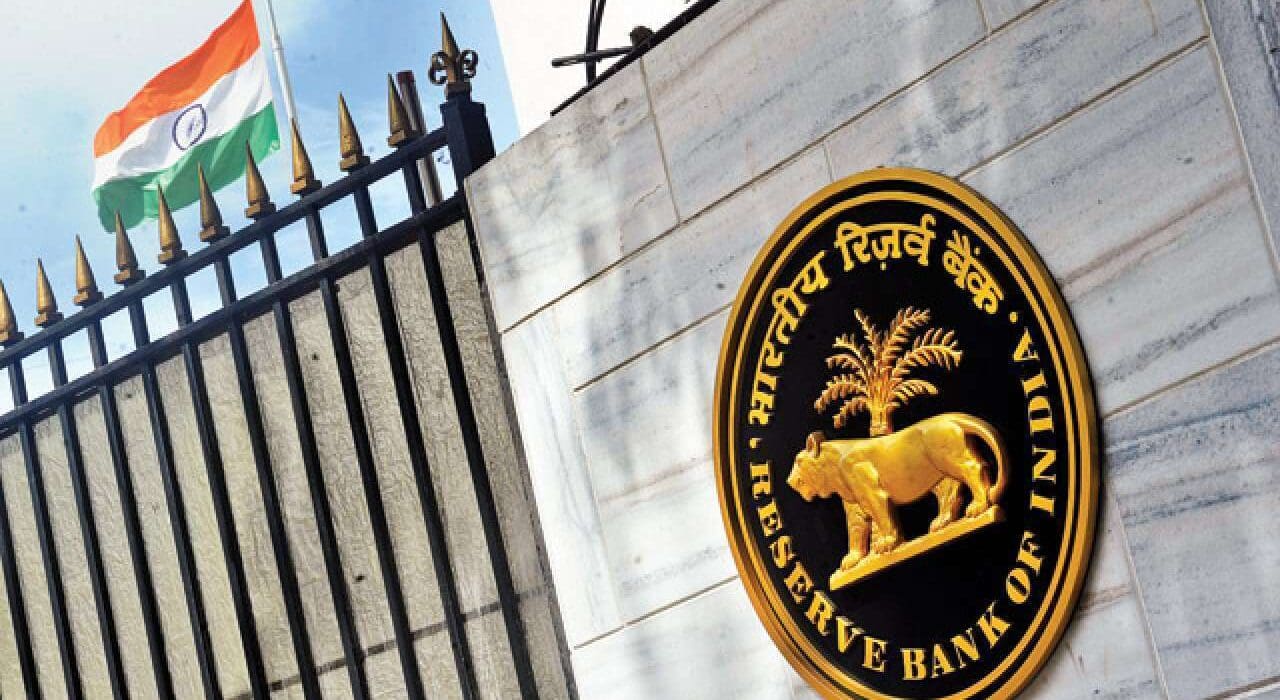Shaktikanta Das, the governor of the Reserve Bank of India(RBI), gave the country’s banking system a thumbs-up, stressing the importance of banking sector regulation and supervision in light of recent developments in the US.
“India has a well-regulated and well-supervised banking sector. The same would apply to the NBFC sector and other financial entities under RBI’s jurisdiction,” he said during the K.P. Hormis Commemorative Lecture.
The Federal Bank of Kerala was founded by Hormis.
Rather than focusing solely on symptoms, Das emphasized that the focus is now on identifying the underlying causes of vulnerabilities.
In addition, we have published revised guidelines on financial entity oversight and assurance. Our supervisory process is augmented by advanced data analytics. To strengthen cyber resilience, banks have been required to adopt a comprehensive cyber security framework and Digital Payment Security Control Guidelines. In recent years, we have also established the college of supervisors and increased staff strength significantly,” he said.
Das discussed the importance of banking sector regulation and supervision in light of recent developments in the US banking system.
“These are areas that have an important impact on the preservation of financial stability in every country. Specifically, these developments in the US underscore the importance of prudent asset liability management, robust risk management, and sustainable growth in liabilities and assets; conducting periodic stress tests; and building capital buffers for any unexpected future stress.
He also noted that crypto currencies and assets can pose a real danger to banks, whether directly or indirectly.
The Reserve Bank has taken necessary action in all areas, including the regulation and supervision of financial institutions and the entities they regulate. Such measures include the introduction of a leverage ratio in June 2019, a large exposures framework in June 2019, governance guidelines for commercial banks in April 2021, securitisation guidelines for standard assets in September 2021, scale-based regulatory framework for NBFCs in October 2021, revised regulatory framework for microfinance in April 2022, revised regulatory framework for Urban Cooperative Banks (UCBs) in July 2022 and digital lending guidelines in September 2022. Das remarked further.
Das noted that India’s G20 presidency comes at a time when it has emerged as the world’s fastest-growing major economy.
In spite of the slower pace of disinflation, international confidence in India’s capacity to contribute constructively to reshaping the global economic order is growing. There is no longer any threat of a hard landing. “Rebuilding trust through cooperation and recommitting to multilateral frameworks to address critical global challenges is crucial before the cascading effects of geo-economic fragmentation further dampen the global outlook,” he said.
Also Read:

6 Comments